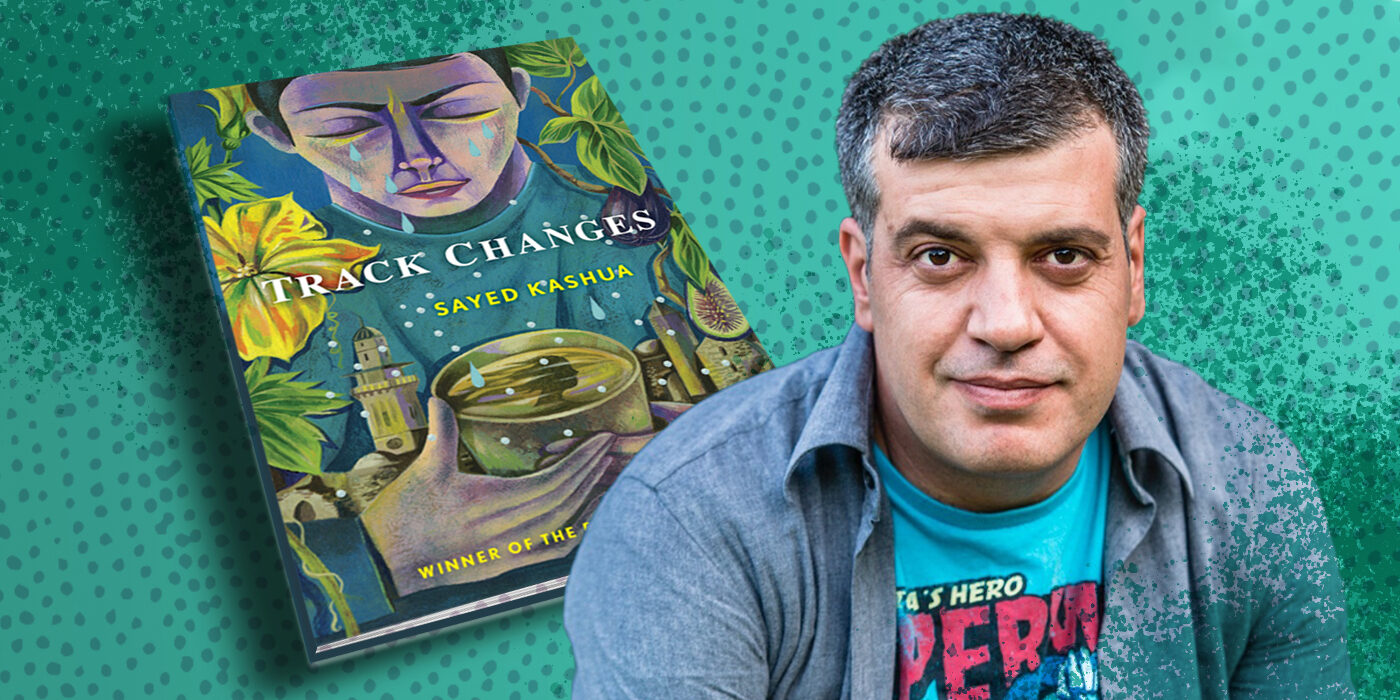When Sayed Kashua left Israel in 2014, a news crew from the Israeli investigative news show Fact documented his departure. Kashua had become one of Israel’s most prominent Palestinian voices. His show Arab Labor, a comedy about a Palestinian trying to fit into Jewish Israeli society, was the first show in Arabic to air on Israeli primetime television. He’d also, by then, written three books: Dancing Arabs, Let It Be Morning and Second Person Singular.
Written in Hebrew, the books explore the cultural identity of being Palestinian in Israel. Kashua believed that through culture he could make Israelis and Arabs understand one another better. But by 2014, the ideal was shattered when Palestinians killed three teenage Jewish boys while hitching a ride in a settlement south of Jerusalem. In retaliation, some Israelis burned an Arab teenager alive.
Kashua, who had been invited to the University of Illinois at Urbana-Champaign for a year, moved up his flight to the U.S. and left suddenly with his family, desiring never to return.
Track Changes, Kashua’s latest novel, deals with the aftermath of these decisions. Like all of his novels, it has autobiographical elements. The narrator, Saeed, was born in Tira, Israel, just like Kashua. He lives in Champaign, Illinois, and is married with three kids, like Kashua.
“It’s autobiographical with nothing really autobiographical in it,” Kashua says. “I was trying to be as faithful to my feelings as possible.”
In the novel, Saeed left his family and town in ignominy and is returning after 14 years because his father is dying. He visits his father in the hospital, hoping to record his memories. Saeed has written many people’s stories as keepsakes for their families, but he occasionally replaces his subject’s memories with more pleasant ones — often his own. The storytellers then believe these are their memories. Meanwhile, Saeed is forgetting his own past.
This makes Saeed unreliable. “Is he rewriting the story while recording his father?” Kashua asks. “What is true and what is not?” Readers can see some of what is being rewritten in the story: Scenes, thoughts and sentences are crossed out.
Kashua lost his own father suddenly in 2015. “Something screwed up in my head,” Kashua disclosed to the New Yorker. He started working on Track Changes a little while later to explore emigration, loss, memory and narrative.
While writing Track Changes, Kashua was invited to give a talk at WashU. During his visit, Lynne Tatlock, director of comparative literature and the Hortense and Tobias Lewin Distinguished Professor in the Humanities, told him about the PhD track in comparative literature for international writers.
(The doctoral program has several prominent writers including Ali Araghi, The Immortals of Tehran; Baba Badji, PhD ’21, Ghost Letters; and Katja Perat, The Masochist.)
“I always felt a little bit bad that I hadn’t finish my studies,” says Kashua, who became a journalist after earning a bachelor’s degree in Israel. So he decided to join the comp lit program.
While earning his doctorate, Kashua is also focusing on TV writing. He wrapped up his Israeli show, The Writer. Now he writes for Shtisel on Netflix and is working on other shows as well, including a pilot for Sony Pictures.
Kashua is also moving in a different direction with his literature. He views his previous novels as part of a series that ended with Track Changes, even though Track Changes itself is incomplete.
“It’s a finished book, but it’s a story that’s not finished,” Kashua says. “So the reader can see how you edit memories, how you create new narratives and how you write your own.”



